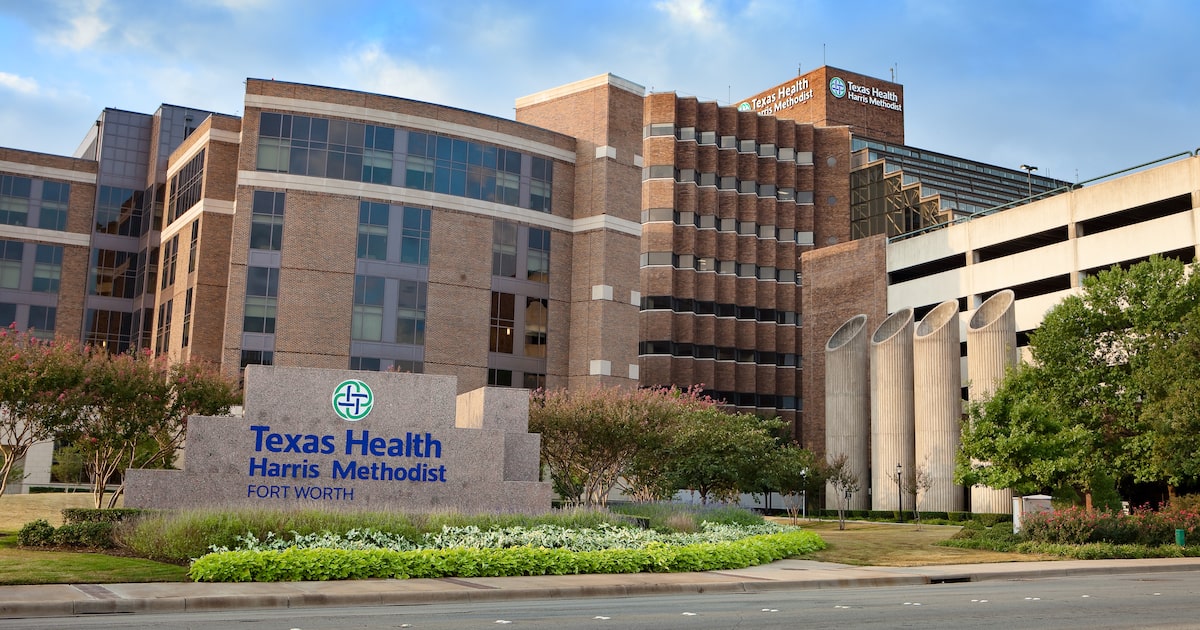Gunfire Erupts at Texas Health: Officer-Involved Shooting Leaves Two Wounded in Fort Worth

In a startling incident, a law enforcement officer employed by the Arlington health system was implicated in a shooting, according to local police authorities. The involvement of a healthcare system employee in such a serious event has raised questions and drawn immediate attention from investigators. Details surrounding the circumstances of the shooting remain under active investigation, with officials working to piece together the full sequence of events.
